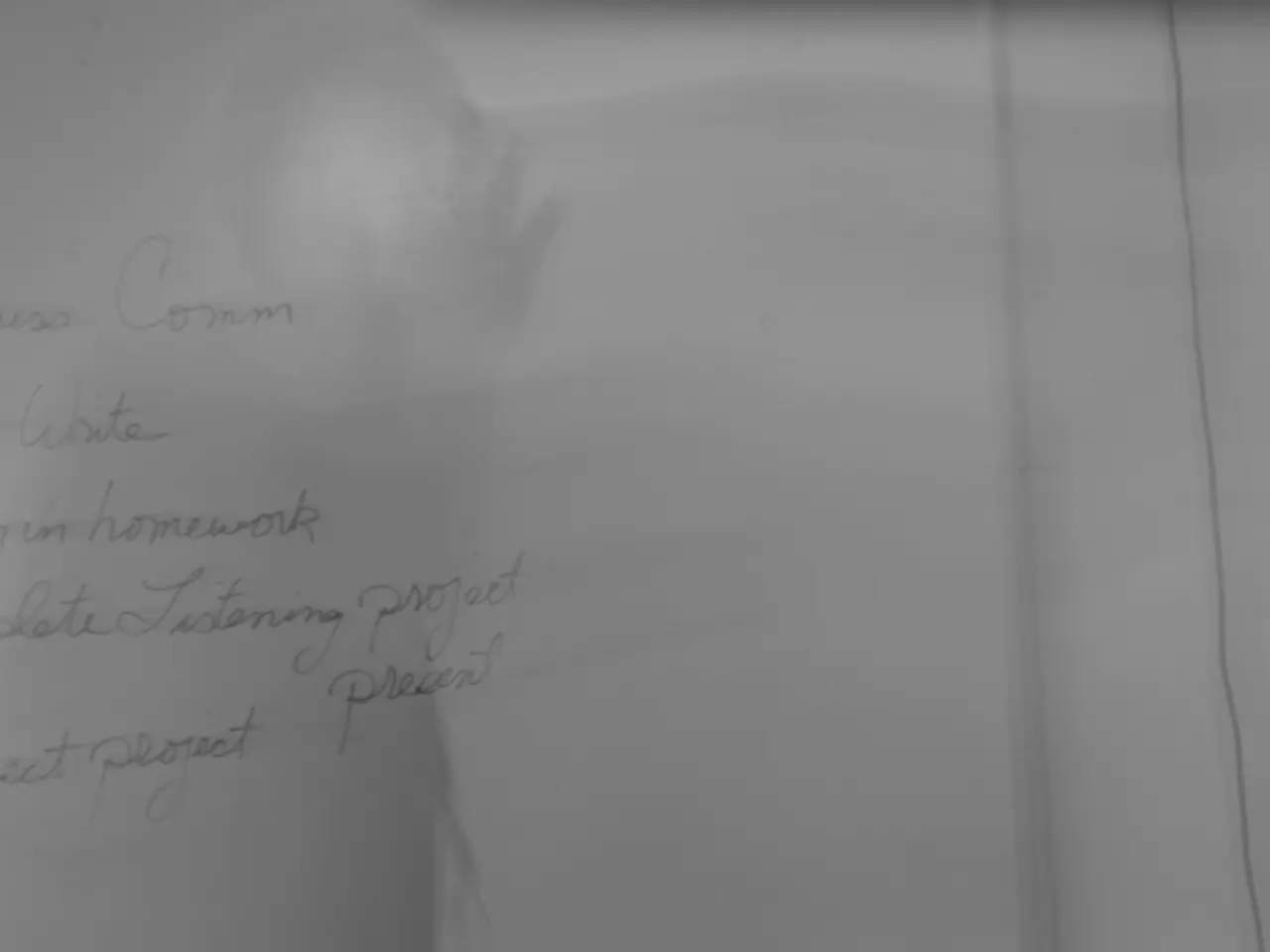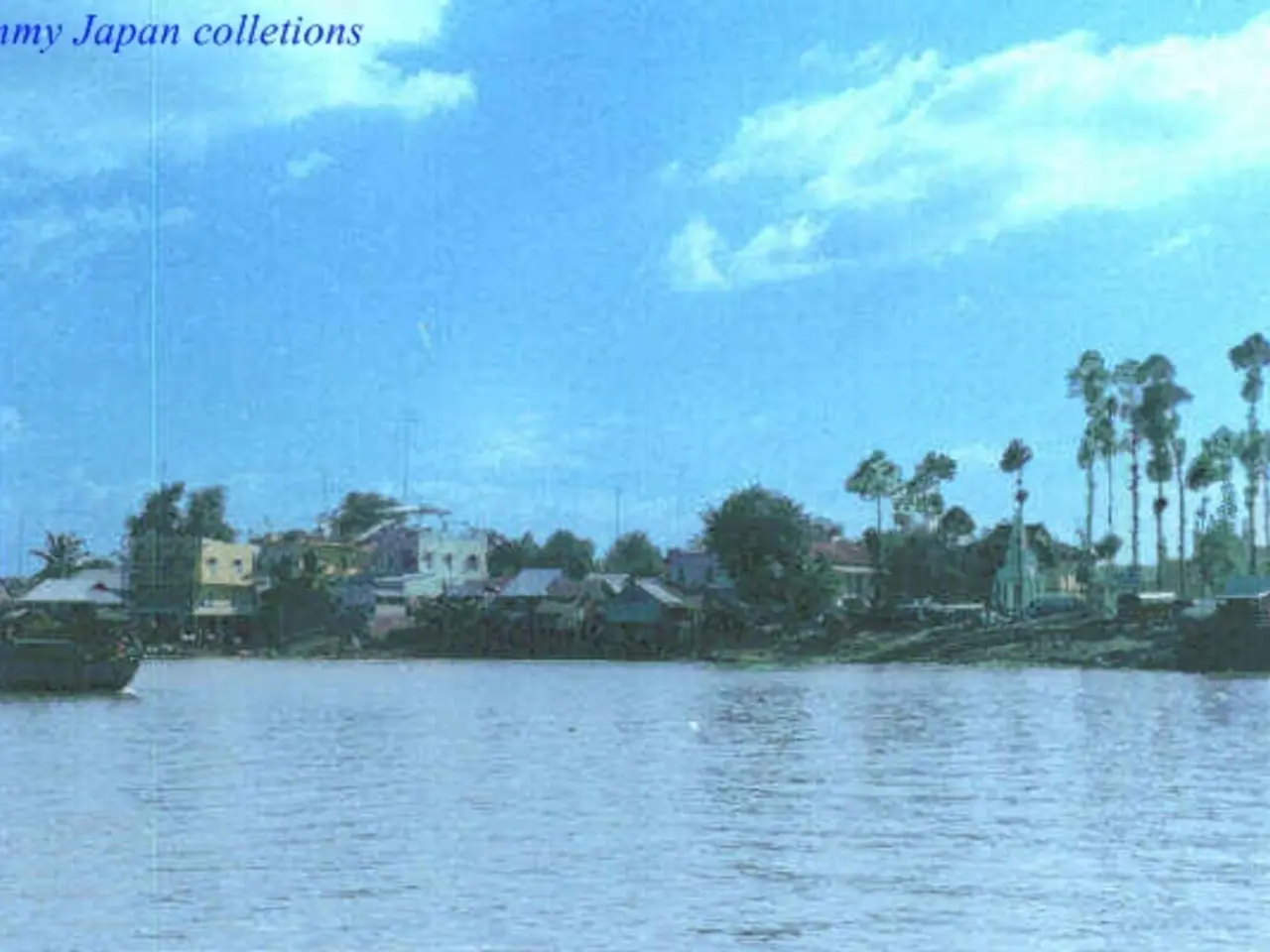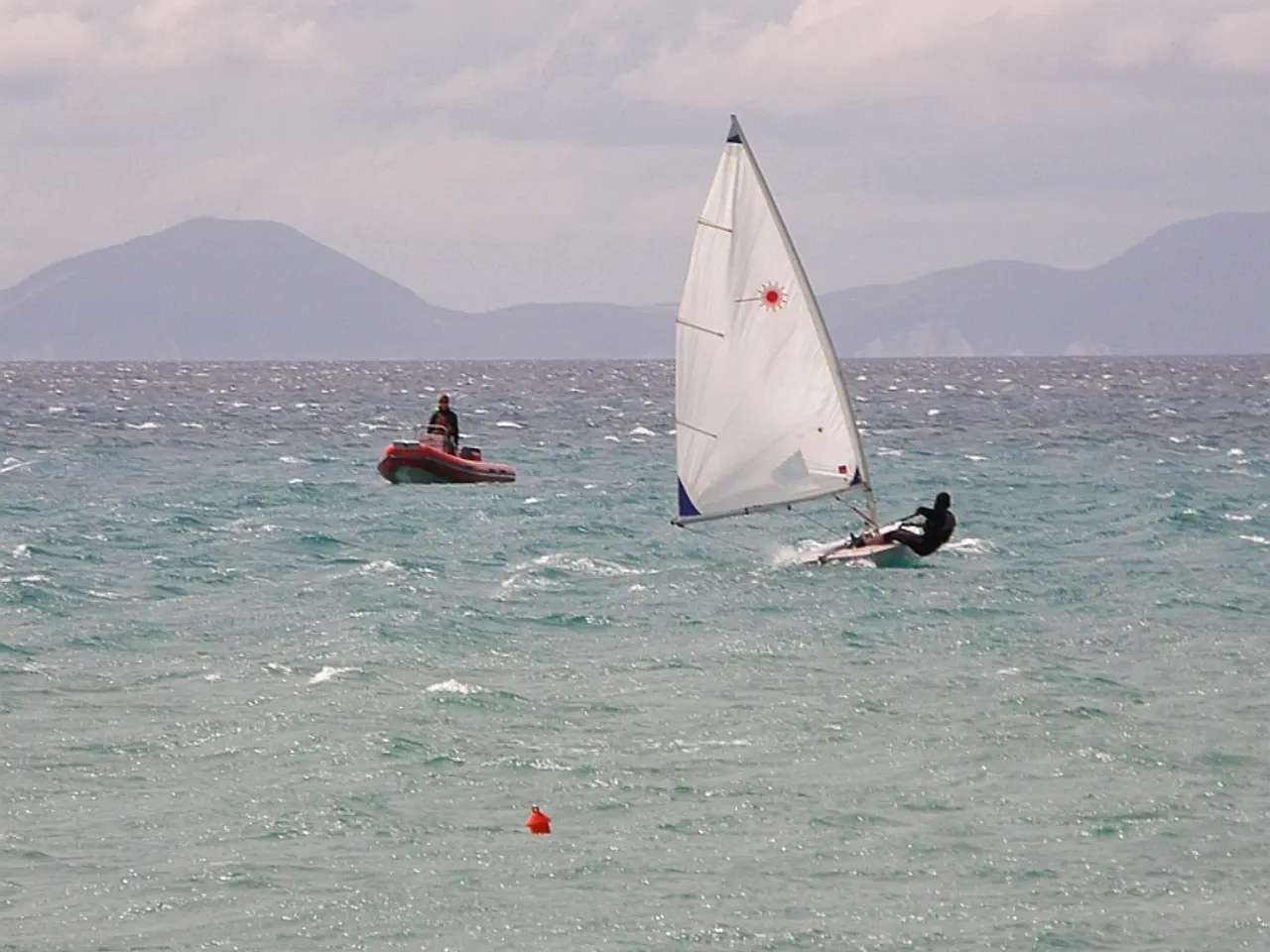Israel conducts air attacks against Houthis, retaliation follows Houthis' missile launch
In a significant development, the Israeli Defense Forces (IDF) carried out a series of airstrikes on key ports and infrastructure in Yemen overnight on Monday, July 6-7, 2025. The targeted locations included the ports of Hodeidah, Ras Isa, and Salif, as well as the Ras Khatib (or Ras Kanatib) power station [1][2][3].
The IDF confirmed that these facilities were being used by the Iran-backed Houthi regime for transferring weapons and conducting terrorist activities against Israel and global shipping. Notably, the strikes hit the 'Galaxy Leader' vessel, a ship hijacked by the Houthis in November 2023 and employed for maritime surveillance and operational planning. The ship, which had a multinational crew held hostage for over a year until their release in January 2025, was reported to have a radar system installed aboard to track vessels in international waters to support their terrorist operations [1].
The airstrikes came in response to a suspected Houthi attack on a ship in the Red Sea. While the Israeli military did not specify the details of this incident, it is believed that the attack forced the crew to abandon the vessel, which caught fire and took on water [2].
The Houthis responded to the Israeli airstrikes with missile fire, though the location of the attack on Israel is not specified. It is reported that the missile made impact, though there are no immediate reports of injuries from the attack [1].
These airstrikes represent a strategic response to ongoing Houthi missile and drone threats and aim to degrade the Houthis' military capabilities, particularly their use of civilian infrastructure for hostile actions. This escalation underscores the Houthis’ role as a proxy force aligned with Iran, and it risks drawing further international attention and potential involvement from Western and U.S. forces due to the threat against maritime security in the Red Sea [1][2].
The specific facilities at the Hodeida, Ras Isa, and Salif ports that were struck in the Israeli airstrikes remain unspecified. The situation remains tense, with the potential for escalation affecting regional and international security in the Red Sea corridor.
References: [1] Associated Press. (2025, July 7). Israel strikes Yemen ports, power station in retaliation for Houthi attacks. Retrieved from https://www.apnews.com/article/middle-east-israel-yemen-military-conflict-354453a464a505cb750b62364d659c0c [2] Reuters. (2025, July 7). Israel strikes Yemen ports in response to suspected Houthi attack on ship in Red Sea. Retrieved from https://www.reuters.com/world/middle-east/israel-strikes-yemen-ports-response-suspected-houthi-attack-ship-red-sea-2025-07-07/ [3] The New York Times. (2025, July 7). Israel Strikes Yemen Ports in Response to Houthi Attack on Ship. Retrieved from https://www.nytimes.com/2025/07/07/world/middleeast/israel-yemen-strikes.html
- The airstrikes carried out by the Israeli Defense Forces (IDF) on Yemeni ports and infrastructure on July 6-7, 2025, have been reported as a response to a suspected Houthi attack on a ship in the Red Sea, causing strategic concerns in general news and political circles, as well as raised discussions about war-and-conflicts in the region.
- In light of the latest developments, such as the Israel-Yemen conflict and the impact on maritime security, numerous news outlets are extensively covering the tensions and possible escalations, making it a prominent topic in the news about war-and-conflicts and general news.








